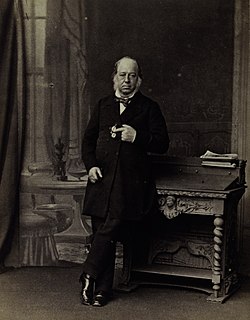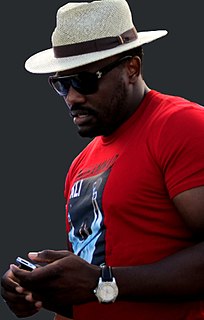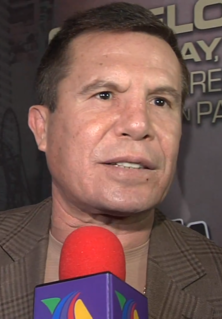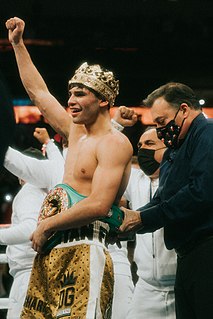A Quote by Mike Tyson
Every time there's a revolution, it comes from somebody reading a book about revolution. David Walker wrote a book and Nat Turner did his thing.
Related Quotes
I was born in Cuba. At the age of 14 years of age I was involved in a revolution. We were suffering from a very cruel, oppressive dictatorship, and the revolution started in the high schools and the universities. So when I was 14, I was involved in the revolution. I was in the revolution four years. During that time, a young, charismatic leader rose up in Cuba, talking about hope and change. His name was Fidel Castro.
I doubt if I shall ever have time to read the book again -- there are too many new ones coming out all the time which I want to read. Yet an old book has something for me which no new book can ever have -- for at every reading the memories and atmosphere of other readings come back and I am reading old years as well as an old book.
Because he did not have time to read every new book in his field, the great Polish anthropologist Bronislaw Malinowski used a simple and efficient method of deciding which ones were worth his attention: Upon receiving a new book, he immediately checked the index to see if his name was cited, and how often. The more "Malinowski" the more compelling the book. No "Malinowski", and he doubted the subject of the book was anthropology at all.
Sometimes I'll say, "I wrote that book," and the person will look at you as if you're really strange. One time that happened to my daughter on a plane. She was sitting next to a girl who was reading one of my books and my daughter said, "My mother wrote that book." And the girl started to quiz my daughter, asking her all sorts of questions, like what are the names of Judy's children and where did she grow up. My daughter thought it was so funny.
The white man knows what a revolution is. He knows that the Black Revolution is worldwide in scope and in nature. The Black Revolution is sweeping Asia, is sweeping Africa, is rearing its head in Latin America. The Cuban Revolution - that's a revolution. They overturned the system. Revolution is in Asia, revolution is in Africa, and the white man is screaming because he sees revolution in Latin America. How do you think he'll react to you when you learn what a real revolution is?



































